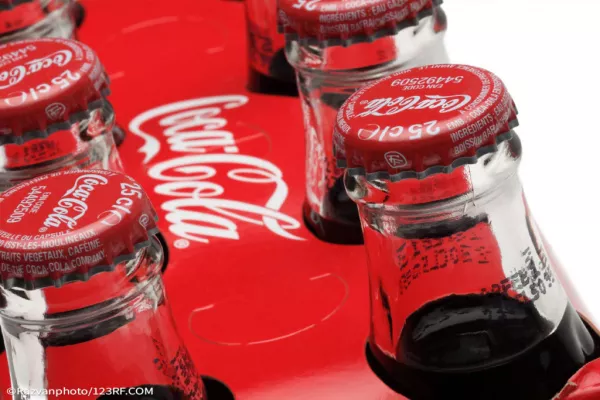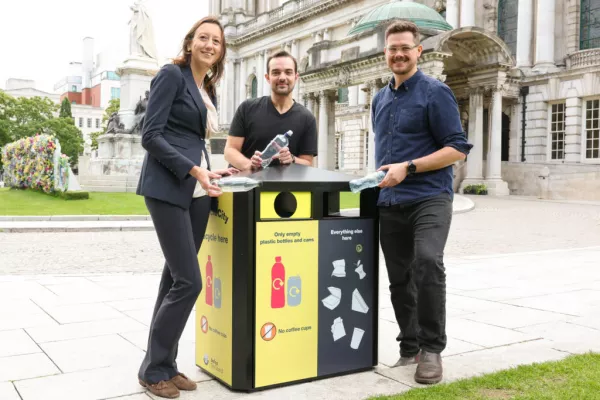Some Nordea Asset Management funds are cooling on fizzy drinks makers like Coca-Cola and PepsiCo because of concerns about their plastics and water use, NAM's head of responsible investments said.
Details
NAM, part of banking giant Nordea, is among a group of Nordic investors known for being sympathetic to environmental, social and governance issues. It has previously dropped stocks that don't meet its ESG standards.
"Fizzy drinks are not necessarily something that are very much aligned with any of the sustainable development goals," Eric Christian Pedersen said in an interview.
He also cited worries about future demand for products seen as unhealthy because of their high sugar content.
"We've for a long time – other things being equal - been less likely to want to bet on them in the funds that we market as especially responsible or sustainable. But they're not necessarily automatically out, and a good engagement process and trajectory on some of the key issues helps," he said.
The Coca-Cola Company declined to comment, while PepsiCo did not respond to multiple requests for comment.
Consumer groups have long worried about the dietary impact of fizzy drinks, while environmental activists have highlighted the impact of single-use petroleum-based plastic bottles and manufacturers' use of sometimes scarce water resources.
In 2021, global coalition Break Free From Plastic named Coca-Cola as the world's worst plastic polluter for the fourth year in a row.
Coca-Cola said last year it aimed for 25% of its packaging globally to be reusable by 2030, up from 16% in 2020.
PepsiCo said in 2021 that it aimed to reduce virgin plastic per serving across all brands by 50% by 2030 and focus on healthier food, and achieve net-zero greenhouse gas emissions across its supply chain by 2040.
No Exclusion
Norway's largest pension fund KLP said it has not cut its stake in fizzy drinks makers over concerns about ESG issues but that "plastic consumption is a big issue, as are waste and the circular economy when it comes to their business".
Coca-Cola Europacific Partners bottles and sells Coca-Cola products in western Europe, Australia, Indonesia and New Zealand. It has had "very open discussions with Nordic investors in particular" on various issues, finance chief Nik Jhangiani said in an interview.
"Sometimes I don't think they fully have in the past appreciated what we're doing," he said.
NAM, which manages around 239 billion euros ($254 billion) in assets across a range of strategies, had discussed its concerns with both Coca-Cola and Pepsico, Pedersen said.
"The more they can ensure that their packaging was recycled and did not end up in landfill - that their water use did not harm local populations and so on - the more positive the outlook on them would be," he said.
Nordic financial groups have been at the forefront of ESG-investing and past actions, like pulling out of some tobacco, coal and oil companies, have been followed by some other funds.
In 2020, NAM excluded shares of Brazilian meatpacker JBS SA worth about €40 million from all its funds, based on the company's environmental record and response to the COVID-19 pandemic.
Referring to Nordic investors' reduced interest in fizzy drinks companies, Bernstein analyst Callum Elliot said: "This triggers uncomfortable memories of the de-rating suffered by tobacco stocks. Could beverage companies be the next in line?"
But Pedersen said Nordea will continue to invest in those that make the best efforts to improve their ESG credentials.
"Do you want to exclude everything that smells bad, or do you want to go into individual sectors and industries and try and find some ESG high-performers that can help move the industry?" he said.
Read More: EU Antitrust Regulators Scrap Investigation Into Coca-Cola, Bottlers
News by Reuters, edited by Hospitality Ireland. Click subscribe to sign up for the Hospitality Ireland print edition.









